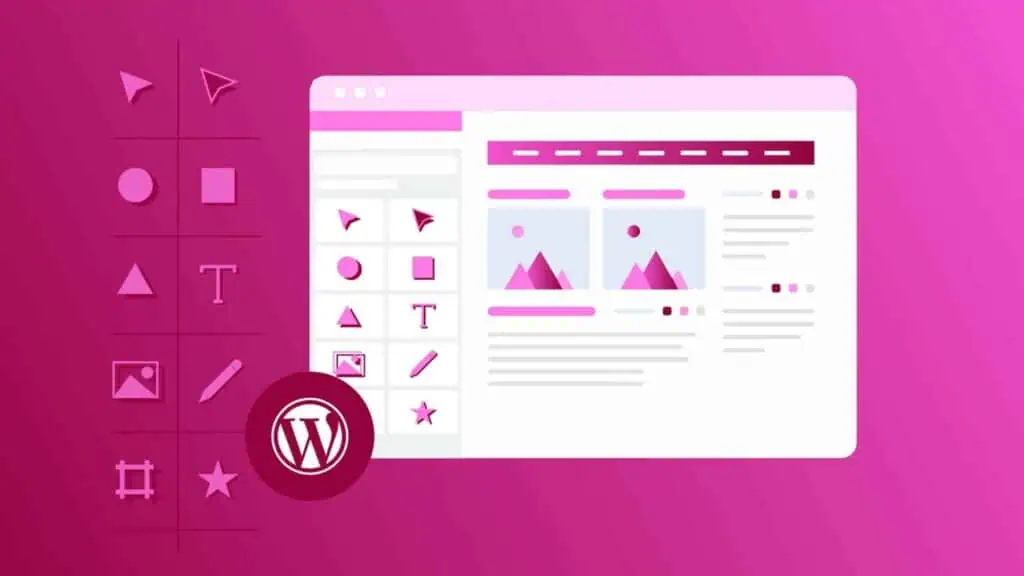WordPress is a popular content management system (CMS) for beginners. This free and open-source CMS makes web development easy for everyone.
While it’s incredible to use, you can still make some mistakes if you are new. If errors weren’t made, you wouldn’t learn anything and keep advancing.
If you are starting with WordPres not so long agos, the chance is you will make some mistakes even if you think you know what you are doing.
Though mistakes are bound to happen, learning from the mistakes other individuals committed previously is easier. Let’s look at some of the the most common WordPress mistakes you should avoid:

Not Backing Up Your Site
This is a mistake that amateurs always make. Your website can go down at any time. You might accidentally delete an important file. Worst of all, your website might be hacked or attacked with malware.
We’ve seen many businesses losing their precious data in this process. A tiny mistake can erase months or even years of effort.
You can easily avoid this misfortune by backing up your website. Make a routine to back up your website regularly. Anytime valuable data is lost, you can always go back to previous versions and restore them.
Leaving WordPress, Themes, and Plugins Unupdated
WordPress works relentlessly on improving its system. They do this to make features more convenient and effective for their users. So, it would not be very reasonable to stick with the old version even when the new versions are available.
Keeping your WordPress version outdated will put your site at risk. Security is a significant issue for running a website. Old versions usually are weaker against cyber attacks. Hackers can easily hack your website if you forget to update your WordPress.
Keeping your WordPress system updated will give you greater safety and fix more bugs. In the process, your website’s performance will improve, and you will have a much better experience serving customers.
But remember, plugins are not 100% bug-free even if they are updated. Sometimes, developers don’t want to switch to the new versions because of the compatibility issue.
Using Free Themes
The theme is crucial for your website because it represents your business and brand. You should give a little thought before setting up a theme for your website.
Finding the right theme for the website can be challenging, but you mustn’t use free themes. Most free themes are inefficient and come with a lot of disadvantages.
It could slow down your website and damage your business reputation. Free themes have a couple of problems-
- No automatic update
- Not compatible in every device
- No professional support
- Full of bugs
- Not SEO optimized
Always use premium themes even if you find them a little bit costly.
Excessive Use of Plugins
Plugins are essential for building up a great WordPress website. It helps you to add more features and functionality to your website.
However, plugins are also one of the reasons for technical problems in WordPress because you can install a plugin with just a click and then forget all about it.
If you keep installing plugins without giving a lot of thought, it can affect the site’s loading speed and user experience.
Keep track of what plugins are installed and install them only if they are necessary.
Permalinks
Website pages and blog articles have permanent URLs called permalinks. You should only change them when your website is first created.
If your website is new, you are likely to mistake not updating the default settings for permalinks. This mistake will make your URLs complex and can negatively impact your SEO.
It’s crucial to realize that the link-building process cannot be reversed after building lots of backlinks. You will have to manually change all the links on your website and those on other websites if you do it later.
It’s pretty normal to make mistakes when you start using WordPress. Even professionals make mistakes.
However, you can avoid some serious mistakes by simply knowing them beforehand. Before building a WordPress website, try to reread our article to ensure that you don’t make any obvious mistakes.




